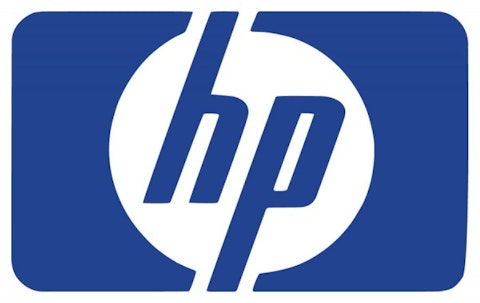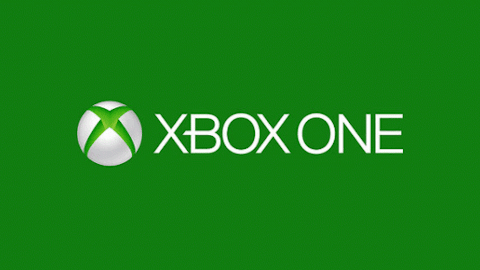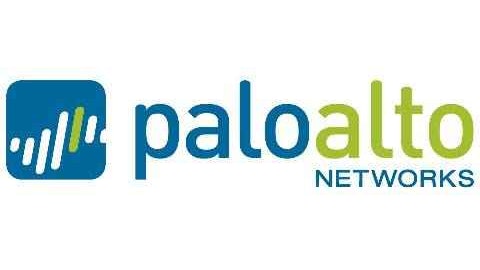The tech industry is a volatile and competitive market that resembles the Darwinism philosophy: only the fittest and the companies that can adapt quickly and efficiently to consumer changes will survive. Worldwide PC shipments are expected to decline 7.8% in 2013 according to IDC’s latest estimates as consumers are shifting towards other products such as tablets and smartphones. PC manufacturers are struggling to find new ways of selling their products and developing these new devices for consumers. In order to understand how to analyze technology related stock, I recommend to read thisblog post, which describes exactly what to look for when analyzing a growing company.
Some companies have been developing tablet devices to compete with Apple’s iPad and iPad mini, Samsung’s Galaxy Note and Asus’ Memo Pad. Apple currently dominates the tablet segment with 39.6% market share, Samsung comes behind with 17.9%, and Asus has been the surprise as it is in third place with 5.5% after registering an astonishing 350% year-over-year growth.
Hewlett Packard: better late than never
Hewlett-Packard Company (NYSE:HPQ) has entered the tablet market amid a severe slowdown in its personal systems segment which posted a 20% decrease in year-over-year revenue with desktop units down 21% and notebooks another 18%.
The American company has launched a series of products to try and salvage its revenue stream: the Hewlett-Packard Company (NYSE:HPQ) Slate 7 (similar to the iPad mini) starting at $169, Hewlett-Packard Company (NYSE:HPQ) Elite Pad 900, a bigger tablet of about 10 inches between $700 and $1200 and the HP EliteBook, a sort of portable PC/tablet from $1200 to $2500. This strategy seems coherent as it has a diversified product portfolio at different price ranges and addresses the consumer desire towards more portable devices.
The company has been suffering from the alienation of this segment as it has been posting a constant decrease in revenue totaling $27.5 billion in the second quarter of 2013, an 11% decline compared to the second quarter of 2012. Let’s see how this goes for Hewlett-Packard Company (NYSE:HPQ) on the coming quarters. At the time being, its share price has not felt any heat: it gained more than 70% in the last six months.
Microsoft: a huge company entering the tablet segment
Microsoft Corporation (NASDAQ:MSFT), is currently fifth in the tablet segment with a mere 1.8% market share. The company has launched recently, a tablet named Surface to try and get more of the increasingly important tablet revenue pie. Its price starts at $499 which is around Apple’s iPad price but enjoys less brand and product recognition.
Microsoft Corporation (NASDAQ:MSFT) is not in trouble regarding the PC sales decline: it posted a $20.5 billion revenue figure for the third quarter of 2013 which meant an 18% increase compared to the same quarter the previous year. All of the segments of the company have had improved results: the Windows division increased revenue 23%, the Business division did it at 8% and the Entertainment and Devices division surged 56% for the same period of comparison. Its stock price moved along as it has gained 16% from June 2012 to present date. Microsoft Corporation (NASDAQ:MSFT) will have a hard time struggling with Apple, Asus and Samsung but it has the scale and know-how to sell their product all over the globe. The battle is just starting.
Dell: running late
Dell Inc. (NASDAQ:DELL) has launched two tablet devices: the XPS 10 from $400 and the Latitude 10 from $500. The price range seems a bit narrow and the company is continuing to launch products with Windows operating system that has a 3.3% market share compared to Google’s Android that clearly dominates the tablet operating system sector with 56.5%. This could pose a problem for Dell Inc. (NASDAQ:DELL) as Android is present in a varying set of tablets which will make it difficult to surpass and will contain more applications as developers launch apps for the leading operating systems.
The company has been experiencing issues related to the decline in PC shipments and is running late in a fiercely competitive segment like the tablet one. Dell Inc. (NASDAQ:DELL) posted first quarter 2014 revenue of $14 billion which decreased 2% compared to the same quarter last year but had serious problems with its operating expenses as its operating income fell 73% to $226 million and so did its net income that followed at a 79% decline totaling $130 million. Dell Inc. (NASDAQ:DELL) is in a quest to go private, and must solve this rapidly if it does not want to be engulfed by the veering technology industry.
Final comment
Microsoft Corporation (NASDAQ:MSFT) seems to be the fittest of this peer group. All segments of the company have improved from the same quarter last year and it posted an 18% improvement in revenue. Entering new markets will be difficult for Microsoft Corporation (NASDAQ:MSFT), but investors should know that this giant has the proper shoulders to withstand the impact: expect some revenue growth.
Dell Inc. (NASDAQ:DELL) and Hewlett-Packard Company (NYSE:HPQ) are both late in entering the tablet segment but are trying to offset the decline of PC sales. Hewlett-Packard Company (NYSE:HPQ)’s share price seems expensive considering the revenue drop experienced by the company in the last quarters. Dell Inc. (NASDAQ:DELL)’s success seems to be linked to Microsoft Corporation (NASDAQ:MSFT)’s performance as it continues to deliver PCs and tech devices with that company’s operating system. Moreover, it has had problems with operating expenses and a fierce activism quest regarding whether it should go private or not. Investors should wait for these problems to be solved before acquiring shares.
The article The Tablet Supremacy originally appeared on Fool.com and is written by Vanina Egea.
Vanina Egea has no position in any stocks mentioned. The Motley Fool owns shares of Microsoft. Vanina is a member of The Motley Fool Blog Network — entries represent the personal opinion of the blogger and are not formally edited.
Copyright © 1995 – 2013 The Motley Fool, LLC. All rights reserved. The Motley Fool has a disclosure policy.




